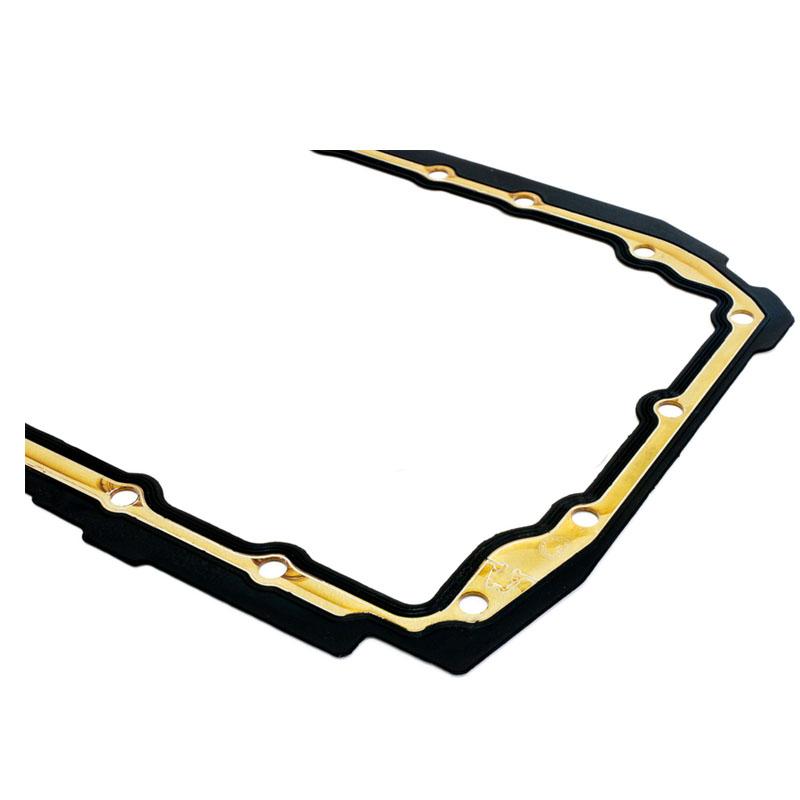boat propeller bearing
Understanding Boat Propeller Bearings Importance, Types, and Maintenance
Boat propeller bearings play a crucial role in the overall performance and functionality of marine vessels. These bearings are essential components that support the shaft of the propeller, allowing it to rotate smoothly and efficiently while minimizing friction and wear. Understanding the importance, types, and maintenance of boat propeller bearings can help boat owners ensure optimal performance and longevity of their vessels.
Importance of Boat Propeller Bearings
The main function of boat propeller bearings is to provide support for the propeller shaft, which transmits power from the engine to the propeller itself. This power transition is critical for the vessel's movement through water. Properly functioning bearings allow for smooth rotation of the propeller, which is essential for effective propulsion. If the bearings wear out or malfunction, it can lead to vibrations, reduced efficiency, and even damage to the propeller or engine.
Moreover, high-quality bearings can significantly affect fuel efficiency and overall vessel performance. When bearings operate smoothly, they reduce friction, allowing the engine to use power more effectively. This efficiency is particularly important for boat owners who wish to maximize their vessel's range and minimize fuel costs during excursions.
Types of Boat Propeller Bearings
There are several types of bearings used in boat propulsion systems, each designed for specific applications
. The most common types include1. Bronze Bearings These are among the most widely used in marine applications due to their corrosion resistance and strength. Bronze bearings can withstand harsh marine environments, making them a reliable choice for many boat owners.
2. Composite Bearings Made from modern materials, composite bearings offer excellent wear resistance and lower friction coefficients. They are often used in racing boats or vessels that require high performance.
3. Rubber Bearings These provide good shock absorption and are typically used in smaller boats. They can help reduce noise and vibration, contributing to a more comfortable ride.
boat propeller bearing

4. Roller Bearings These bearings are designed to handle heavier loads and are often used in larger vessels. They offer increased durability and can handle the stresses associated with higher speeds.
Maintenance of Boat Propeller Bearings
Regular maintenance of boat propeller bearings is vital for ensuring their longevity and optimal performance. Here are some important maintenance tips
1. Routine Inspection Check the bearings regularly for signs of wear, rust, or corrosion. Look for any abnormalities in the operation of the propeller, such as unusual noises or vibrations while in motion.
2. Lubrication Proper lubrication is essential for keeping bearings functioning smoothly. Use the appropriate type of grease or oil, as specified by the manufacturer, to reduce friction and wear.
3. Cleaning Keep the area around the bearings clean and free from debris, seaweed, and other obstructions. Accumulated debris can lead to overheating and damage.
4. Replacement If signs of significant wear or damage are detected, it is essential to replace the bearings promptly. Continued use of worn bearings can lead to more severe damage to the propeller shaft and other components.
5. Professional Servicing If unsure about the maintenance process, it's advisable to consult with a marine mechanic or technician. Regular professional servicing can help catch issues before they escalate.
Conclusion
Boat propeller bearings are essential components that significantly impact the efficiency and safety of marine vessels. Understanding their importance, variety, and maintenance can help boat owners improve performance and extend the lifespan of their vessels. Regular inspections and proper care are the keys to enjoying smooth sailing for years to come. By prioritizing the health of these crucial parts, boat owners can ensure their adventures on the water are both enjoyable and trouble-free.
-
Understanding Automotive Oil Seals: Essential Components for Engine and Shaft Protection
News Jul.30,2025
-
The Importance of Heavy Duty Seals in Industrial and Residential Applications
News Jul.30,2025
-
Exploring Industrial Oil Seals: From Felt Oil Seals to TTO and CFW Solutions
News Jul.30,2025
-
Essential Guide to Oil Seals: From Radial to Metal-Cased Seals for Industrial Reliability
News Jul.30,2025
-
Choosing the Right Oil Seals and Gaskets for Industrial and Automotive Applications
News Jul.30,2025
-
Cassette Seals: Durable Sealing Solutions for Harsh Environments
News Jul.30,2025
-
Understanding the Front Main Engine Seal: Purpose, Maintenance, and Installation
News Jul.29,2025
Products categories















